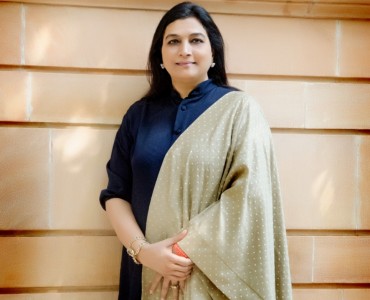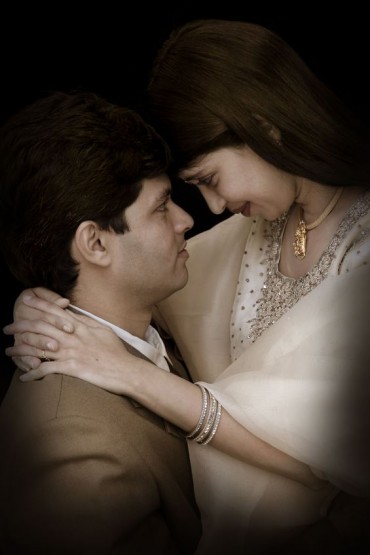Don't you have an Account with Us ? than sign up now using any of the way...

“Someone actually told me her mom-in-law slept with them on their wedding night”
Amrita Mukherjee believes in challenging perceptions about society and creating characters which are strong and most often non-conformist. Her debut novel Exit Interview published by Rupa Publications which was called “unputdownable” by readers and reviewers alike was about challenging social perceptions and now the same thread runs through her second book Museum of Memories published by Readomania. The book is a collection of 13 soul-stirring short stories and each story promises to make the reader sit up and think.

-
WPAM
Memories play a vital part in our life and it actually defines who we are. People with happy childhood memories grow up with a sense of security and many people battle bad memories of a relationship or an incident all their life. Yes at a personal level I love reminiscing. Whenever I look back I feel I have lived a full life.
-
WPAM
As a journalist I keep meeting people from all walks of life. But strangely the most fascinating stories that I have collected can’t be written as a newspaper report or a feature. Those stories that have been with me for years have taken the shape of these short stories. There is truth in every story and I have researched too. I have actually been told by a model that she was being approached to become a surrogate mother, a lady who told me that her mother-in-law slept between her and her husband on their wedding night and a friend who told me that she actually had to fix corporate honchos with call girls to get deals for her company. The main story Museum of Memories comes from a very personal experience. I lost my brother to cancer when he was 44 and when I was going through his things like a tape recorder, a desktop or phonebook, this story came to me.
-
WPAM
The common thread is every story takes off from a memory and then goes on to challenge perceptions about society. The common thread is that we perceive reality in a certain way but it could be totally different. Surrogacy, inter-religious marriages, men becoming house husbands, fathers selling daughters to run their families are some issues I have written about in my stories.
-
WPAM
I am crazy about short stories. From O’Henry, Jeffrey Archer, Jhumpa Lahiri, Haruki Murakami to Rabindranath Tagore, I am into all. I always wanted to write short stories. When I started writing the stories I wasn’t sure though that this collection would end up to be my second book. But now that it has I am glad that I have written my second book in a totally different format to a novel.
-
WPAM
My favourite memory as a journalist is being scolded by Mr MJ Akbar at my first job interview and getting the job the next day despite the scolding.
-
WPAM
Whoever has read the book so far has said that the stories stay with them long after they have closed the book.
-
WPAM
I guess one has to keep the reader hooked from the very first line to the last. The reader should constantly feel: what next?
-
WPAM
I guess writing the story The Dress Code for the Readomania conducted all-India competition Mocktales was the toughest task. Being told to write within certain parameters was tough and I believe writing satire is not easy. But the story won in the competition and made it to the anthology Mock, Stalk and Quarrel. Now I feel I have tried my hand at a novel, a satire and a collection of short stories. I have definitely evolved.
-
WPAM
Both are important. You should have a taut storyline and sprinkle it with nuggets of information about the characters as you go forward. That is how I like doing it.
























































Comments